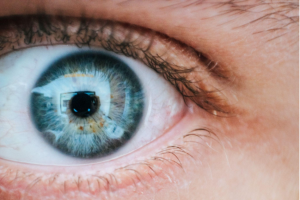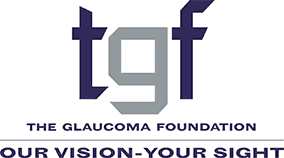~Looking Ahead: Maintaining Good Vision During Your Golden Years~

As you advance in age, your body may not be as resilient as it once was but good vision is paramount in ensuring your safety and quality of life. That’s why it’s important to book regular optical checks, in order to catch and prevent ailments of the eyes.
Importance of Good Vision
Driving
Driving is an important part of retaining your freedom and independence and enjoying the additional time on your hands as a senior. Depending on the area you live in, criteria for license renewals may become more stringent as you get older, so maintaining good vision can help you to stay mobile.
Reading
Not only is reading a great pastime during retirement, but it’s also a key part of navigating everyday life. Being able to see well will help you read menu items, printed instructions on medication bottles, important signage, and much more.
Quality of Life
It’s more than likely that your latter years will involve precious moments as a parent and grandparent. Being able to witness these moments and form visual memories to hold onto is priceless. Good vision will also allow you to enjoy your golden years to their fullest.
Some Age-Related Eye Ailments
Glaucoma is the second leading cause of blindness in the world, so early detection is key in preventing the unwarranted effects of this disease.
Causes: Glaucoma is caused by damage to the optic nerve which may be brought on by high pressure in the eye or reduced blood flow to the region.
Symptoms: Although signs of glaucoma may include blurry vision, pain in the eyes, sensitivity to light, or headaches, these symptoms may not be obvious at first. Regular vision checks are recommended to prevent the onset of this disease.
Treatment: While there is no cure for glaucoma, treatment involves relieving the pressure in the area through the use of medication, laser therapy, or surgery.
A Cataract refers to the lens of the eye becoming cloudy, which results in blurred, shrouded vision.
Causes: As you age, the proteins that control the lens of the eye start to break down and clump together, which results in the cloudy effect. This can be picked up early on through regular vision checks.
Symptoms: Main signs of cataracts include blurred or yellowed vision, haziness, and sensitivity to light. The eye itself may also present with a filmy appearance.
Treatment: Prescription glasses or contact lenses may suffice. Cataract removal surgery could become necessary once the disease progresses.
Presbyopia is the most common vision impairment caused by age and can often begin as early as the age of 40.
Causes: Aging causes the lens of the eye to lose flexibility, making it more difficult to focus on individual objects.
Symptoms: Signs of presbyopia include difficulty reading, discomfort when using your eyes for an extended period, and headaches.
Treatment: Prescription glasses are a simple fix to correct the strain caused by presbyopia.
Covering Costs
Vision-related illnesses are just one of many to look out for as you advance in age, therefore it’s important to prevent the costs of maintaining your health from becoming a burden. Consider upgrading your medical coverage from Original Medicare to a Medicare Advantage plan. Over and above the existing benefits you’ve already enjoyed, you’ll also be able to include coverage options for your dental, hearing, and vision needs. Furthermore, you’ll have access to fitness and wellness centers that will help you maintain your health with ease.
With the right tools and coverage at your disposal, it will be easy to stay as young as you feel through early detection. This will ultimately help you prevent diseases like glaucoma from wreaking havoc on your quality of life, so you can enjoy your later years as you please.
Article by Camille Johnson
The Glaucoma Foundation aims to provide resources and support to those dealing with glaucoma while simultaneously working towards the advancement of research in the field. Find out more about glaucoma prevention at: www.glaucomafoundation.org.
